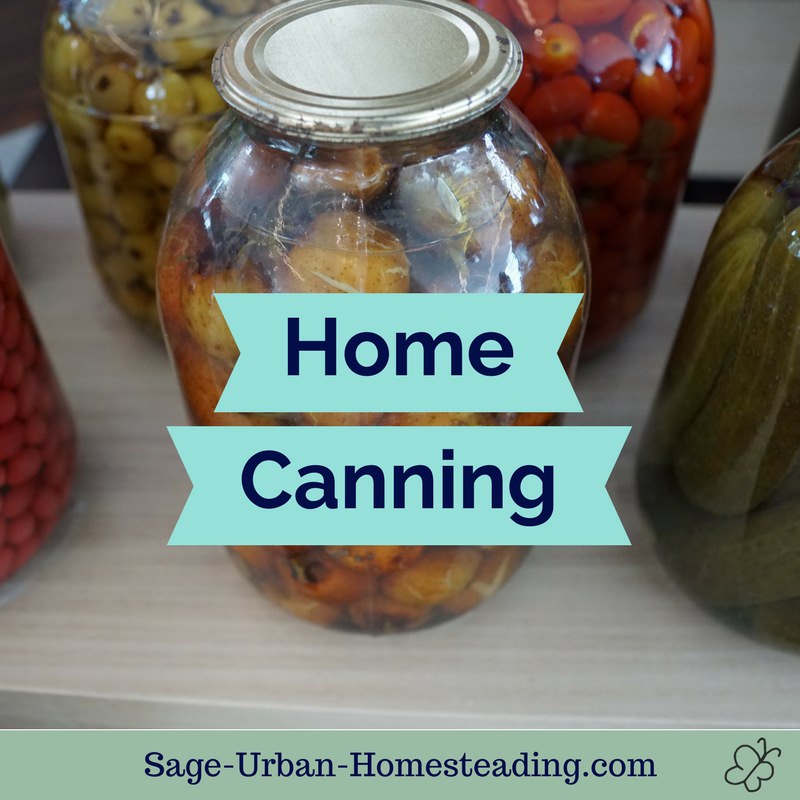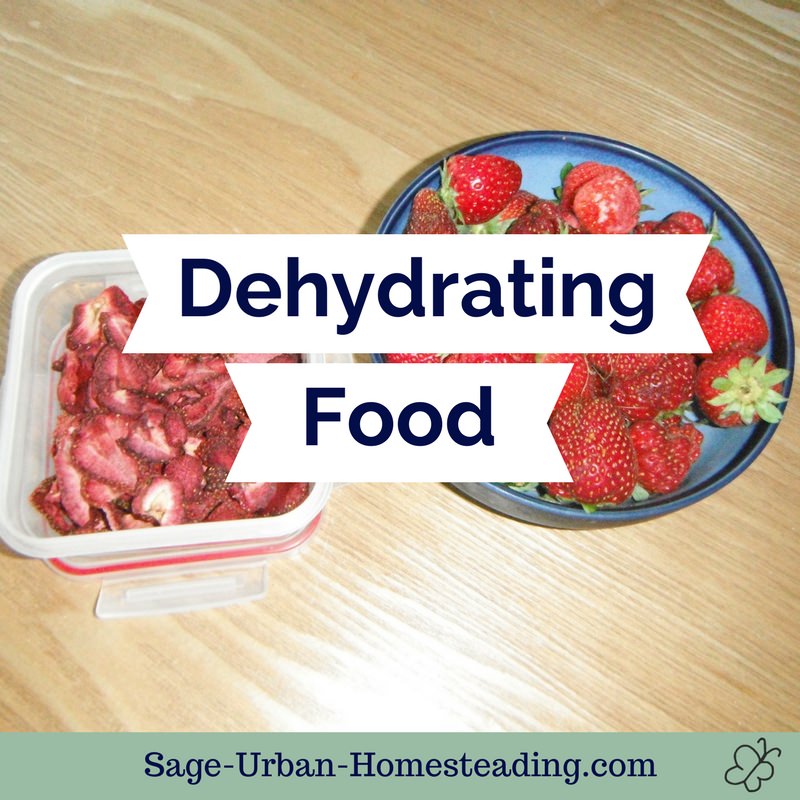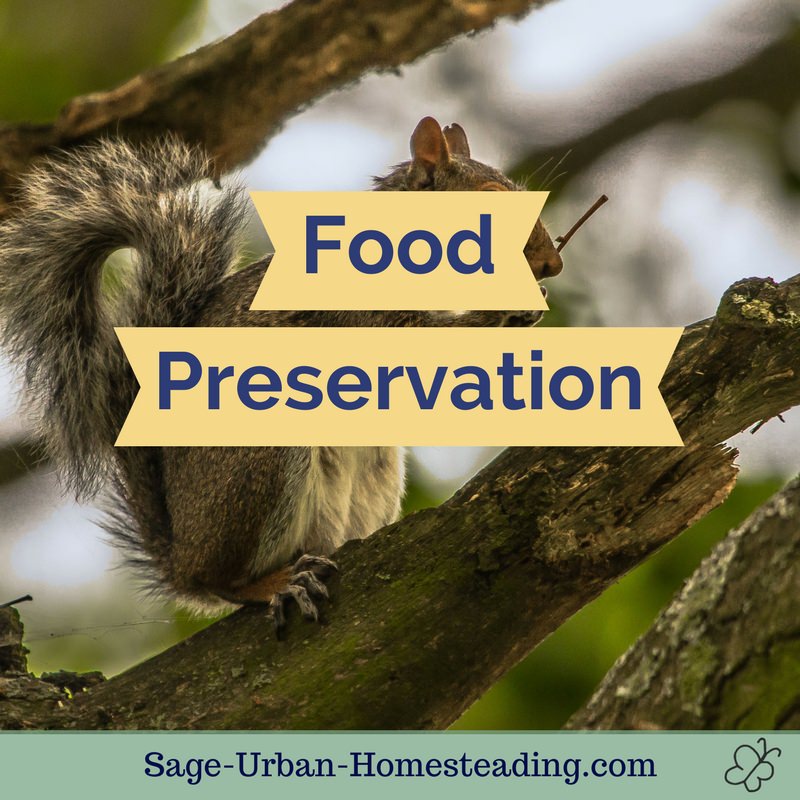FYI: I earn a small commission from some links and advertisements.
- Home
- Food Preservation
- Canning
The Hazards of Home Canning
My husband was shocked when I explained that I was not interested in
home canning food because it is too modern, as in the modern mindset of
valuing shelf life over nutrition.
Did you know that food canning was not invented until 1810 as a way to sustain Napoleon's army?
Home canning did not catch on in America until the late 19th century. This was also when vitamin supplements were first introduced. They realized that certain nutrients and enzymes were destroyed by the canning process and created deficiencies in people.
Another problem with canning is that it often involves using high levels of sugar. It is possible to use less sugar and substitute pectin. See Canning and Preserving without Sugar for some sugar-free canning recipes.
Two Types of Canning
First, it should be noted that there are two main types of home canning:
- water bath canning
- pressure canning
Water bath canning is the type that requires high sugar or high acid foods. It is often used for jams, jellies, sauces, and tomatoes. The main equipment is a deep enough pot to stand the jars in boiling water, so there is a relatively low cost to get started.
Pressure canning is the type that must be used for meats and low acid vegetables. The main equipment is a special pressure canner pot, so there is a higher cost to get started.
The Dangers of Canning
Besides nutritional deficiencies and sugar poisoning, canning can be dangerous because of the equipment used. Pressure cookers reduce nutritional value and can explode.
Using the hot water bath canning method can also be dangerous because of the hot boiling water. I remember watching my grandmother can tomatoes this way every summer. It is hot, damp, messy work. There are also potential dangers of shattering glass jars from thermal shock and causing damage to the house because of all the excess moisture.
Deadly Bacteria
The biggest danger of all from canning is botulism. Never use a jar of canned food if the seal doesn't pop. Even if the food looks ok, it can still carry this type of bacteria.
Traditional lacto-fermentation is much safer than canning because it allows many strains of bacteria and enzymes to compete so it becomes obvious if the bad ones win by mistake. You will notice a difference in the color and odor. This doesn't happen with canning.
In canning, the food starts in a sterilized state so just a drop of bad bacteria in there can grow with no competition.
When to Use Home Canning
I like dehydrating for fruits and vegetables. If you want to preserve meats without the electricity used by a freezer, your best options are freeze drying or pressure canning.










